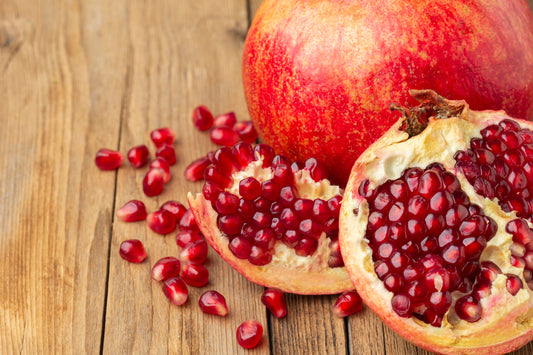Diabetes and hypertension are two chronic medical conditions that often coexist and can increase the risk of developing further complications if not managed properly.
Both conditions have a significant impact on overall health and their management requires a combination of lifestyle changes and medical treatments to control symptoms and prevent long-term damage.
Balanced diet
A heart-healthy diet is essential for managing blood sugar and blood pressure levels, helping to prevent diabetes. It is important to include a variety of fruits, vegetables, whole grains, and lean proteins. It is also essential to limit saturated fats, trans fats, added sugars, and foods high in sodium.
Portion control
Managing portion sizes helps control calorie intake and can lead to weight loss, which is helpful for both diabetes and hypertension.
Constant carbohydrate intake
For diabetics, it is important to maintain a constant carbohydrate intake to avoid glycemic spikes. Low glycemic index foods are preferable, as they have a lower impact on blood sugar levels.
Regular physical exercise
It is recommended to do at least 150 minutes of moderate aerobic activity or 75 minutes of vigorous activity each week. Activities may include walking, cycling, or swimming. Regular exercise helps improve blood pressure, reduce stress, and prevent diabetes.
Strength training
Incorporating strength training at least two days a week can help improve muscle strength, increase metabolism, and improve insulin sensitivity.
Stress Management
Chronic stress can affect your blood sugar and blood pressure levels. Practices such as mindfulness and meditation or even yoga can be effective in reducing stress.
Adequate sleep
Ensuring 7-9 hours of good quality sleep each night can help regulate stress hormones, which can benefit blood pressure and blood glucose levels.
Avoid smoking
Smoking increases the risk of cardiovascular disease and can worsen diabetes complications. Quitting smoking is one of the most effective lifestyle changes for patients with both conditions.
Limit alcohol
It is important to limit your intake because too much alcohol can raise blood pressure and interfere with the effectiveness of antihypertensive medications.
Weight loss
Even a modest weight loss, equal to 5-10% of total body weight, can significantly improve blood pressure and blood sugar levels.
Weight monitoring
Tracking your weight regularly can help you stay motivated and adjust your diet and exercise accordingly.
Regular medical visits
It is essential to have regular checkups to assess your blood pressure, blood sugar, and cholesterol. These checks can help you identify potential problems early and adjust your treatment as needed.
Management of diabetes and hypertension requires a multifactorial approach that includes a balanced diet, regular exercise, good stress management, and ongoing medical supervision. By adopting these lifestyle changes, individuals can significantly reduce the risk of complications and live a healthier, better-quality life.



